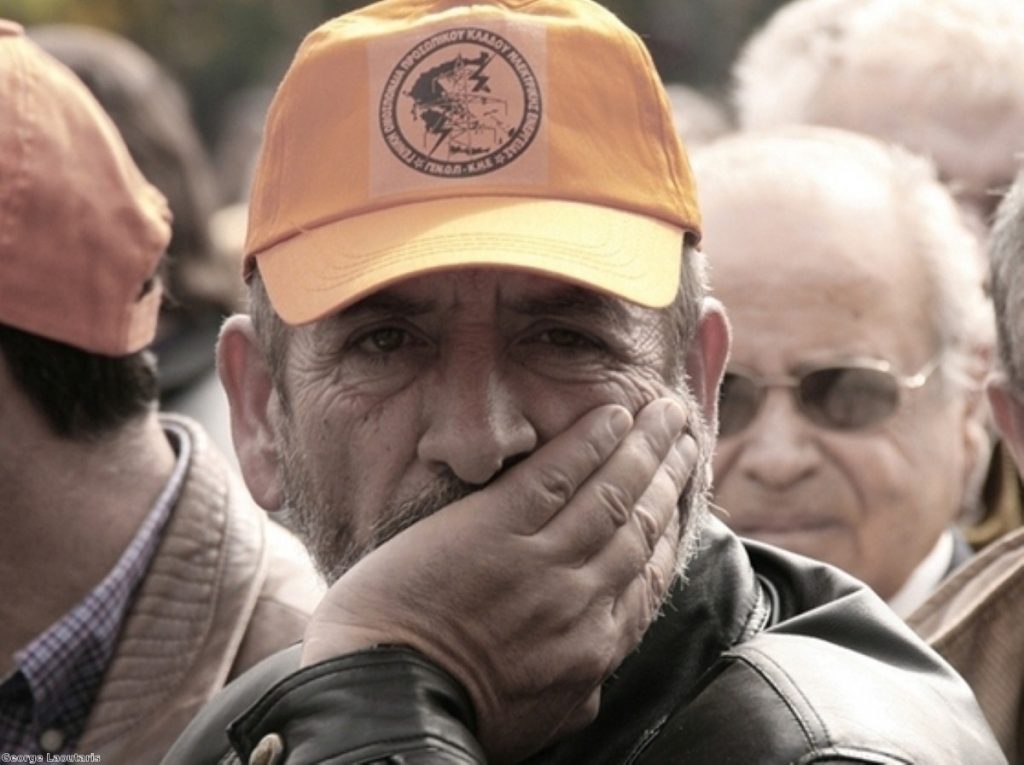Demand for anti-strike law ahead of emergency Budget
By Ian Dunt
Business groups are demanding a raft of new anti-strike laws to deal with worker unrest, as the deficit reduction plan takes place.
The call comes just a day before George Osborne’s emergency Budget and reveals the depth of reservation among the business community.
With British Airways, BT and rail firms all engaged in industrial disputes, employers are concerned the move towards reducing spending in tomorrow’s Budget could trigger a spasm of strike action across the country.


The Confederation of British Industry (CBI) also demanded a host of policies to prepare the labour market for austerity measures, including more flexible working hours.
It also wants a change to balloting rules to 40% of the balloted workforce support industrial action, rather than a majority of those voting.
“Strikes cause misery. They prevent ordinary people going about their daily lives, whether it’s getting to work or getting the kids to school,” CBI deputy director-general John Cridland.
“Strikes also cost the economy dearly and undermine our efforts to help rebuild the economy.”
The lobbying group also wants to cut the consultation period for collective redundancies to 30 days from 90 days.
Trade unions came out fighting against the recommendation today, with TUC general secretary Brendan Barber saying Britain already had some of the most restrictive anti-strike laws in the western world.
“The courts regularly strike down democratic ballots that clearly show majority support for action. The number of days lost to industrial action is historically low and less than in many other countries,” he said.
“Any further restrictions would be extremely unfair and almost certainly breach the UK’s international human rights obligations. The new government’s commitments to civil liberties are welcome, but the CBI seems to think human rights stop at the workplace door.”
Mr Osborne will deliver the emergency Budget tomorrow at 12:30 BST. The government has “no plans to change strike legislation,” the prime minister’s spokesman said today.









